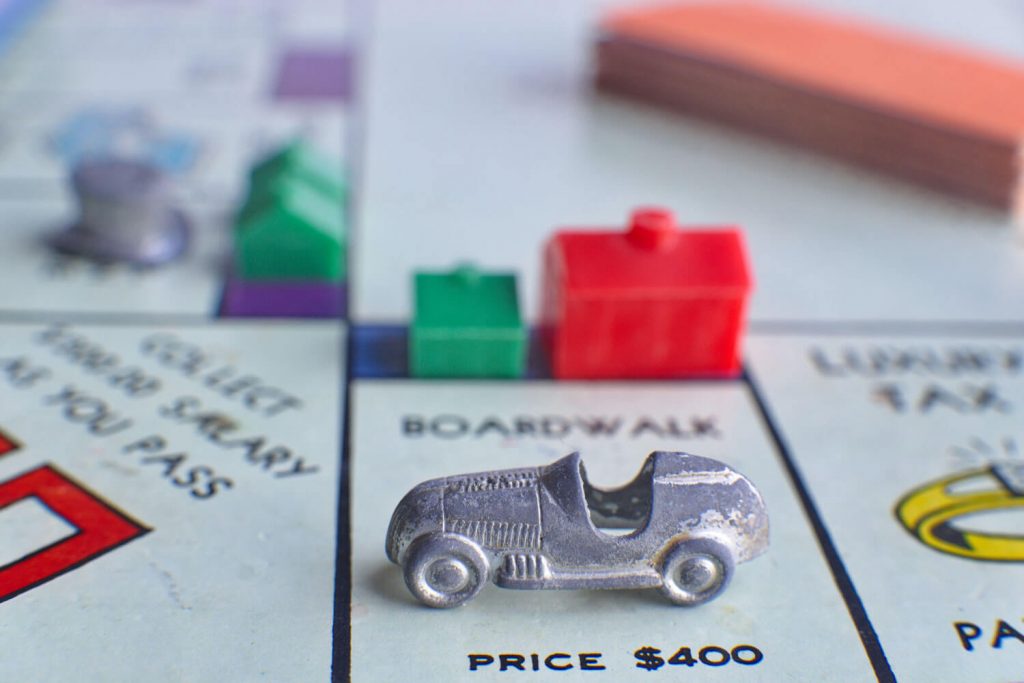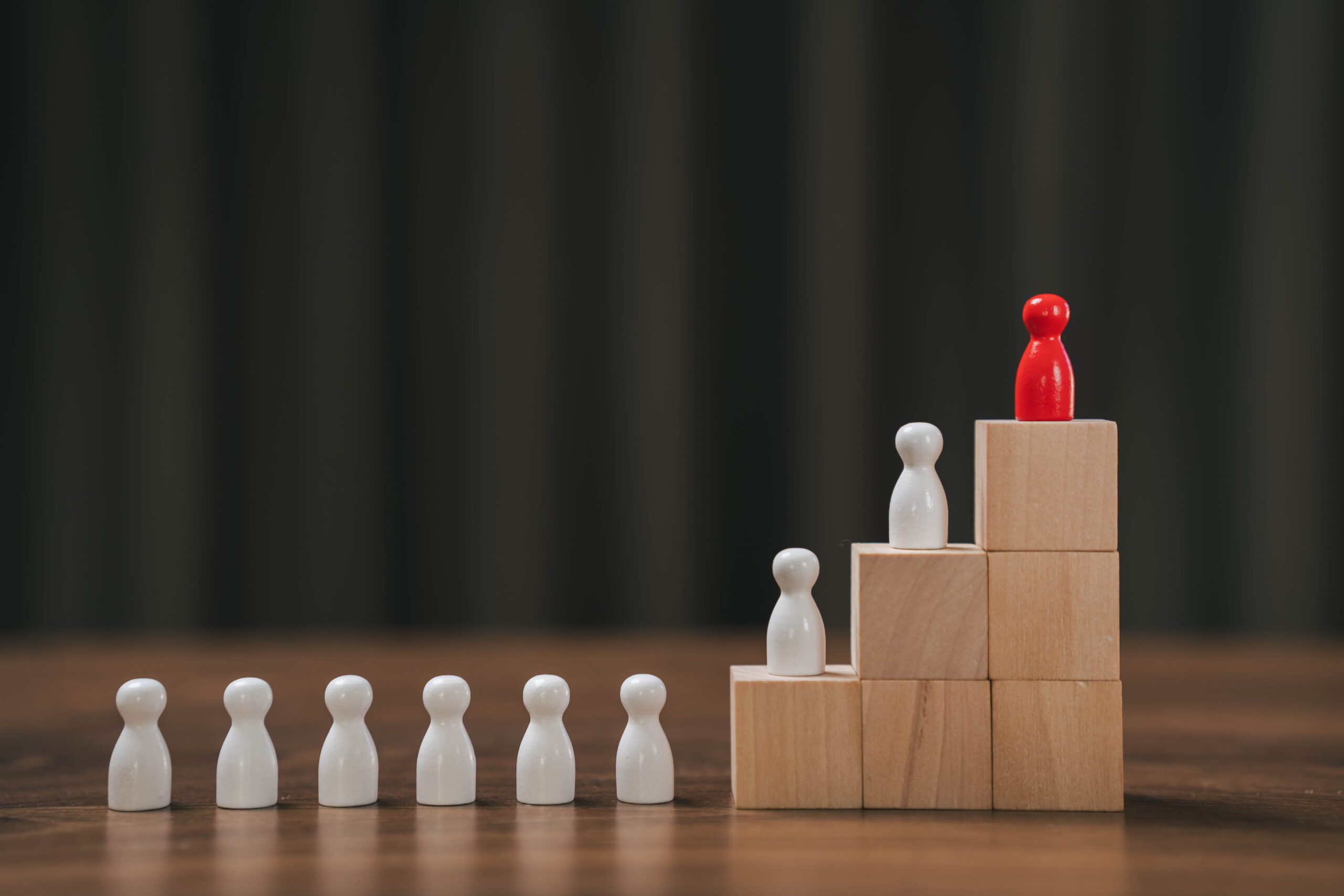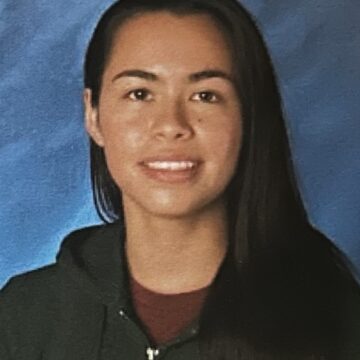
By Rachel
The first board game I ever played was Disney Princess Monopoly against my mother. It was a shocking experience. My otherwise loving and compassionate mother played to win. Though she patiently explained her strategies throughout the game, she refused to show me any mercy, accumulating one monopoly after another, building house after house, hotel after hotel, and collecting all my money until I was bankrupt, despite my pleas and tears that I was her daughter and only five years old. I remember clearly the pain I felt from losing, but I remained eager to play and determined to one day beat her. Eventually, we left the princesses behind and graduated to the regular, then the deluxe, editions of Monopoly, and expanded to Rummikub. Every time we played, I carefully observed my mother’s moves and habits while considering my own options. Over the years, she continued to beat me in both games, but the contests became more competitive and my losses more narrow. Finally, at twelve, I won for the first time, at Rummikub no less, a game at which she claimed to be undefeated! I felt an overwhelming sense of pride, which was only magnified when I saw the same emotion in my mother’s face.
I learned so much from these games beyond the obvious. I learned how to lose, and win, graciously. I learned to enjoy the process, regardless of the outcome. I learned how to take cues from other people but think on my own, both creatively and strategically. I learned how to cope with failure and turn it into a lesson. I learned that true victory stems from hard work and persistence. And I learned that the strongest and most meaningful relationships are not based on indulgence but on honesty and respect.
This doesn’t mean that losses don’t sting. I was devastated when my hockey team lost the championship game by only one goal when I was the last one to control the puck. But I was still incredibly proud of my team’s cohesiveness, the fluid effort we put into the season, and my own contribution. More importantly, the camaraderie and support of my teammates is ongoing and something I will always cherish more than a win. I didn’t dwell over what could have been. Instead, I focused on what I was going to take with me into the next season.
This past summer, I had my first substantive work experience interning at the Michael J. Fox Foundation for Parkinson’s Research, researching and writing about treatments and therapies. Working there was certainly not a game, but my strategy was the same: work hard, remain focused, be mindful and respectful of those around me, deal with the inevitable curveballs, and take constructive criticism to heart, all in pursuit of a meaningful goal. At first, I found it intimidating, but I quickly found my footing. I worked hard, knowing that what I took away from the experience would be measured by what I put into it. I studied my co-workers: how they conducted themselves, how they interacted with each other, and how they approached their respective jobs. I carefully reviewed redlines on my writing assignments, tried not to get discouraged, and responded to the comments to present the material more effectively. I absorbed the stories relayed by Parkinson’s patients regarding their struggles and was amazed at how empowered they felt by their participation in clinical trials. Through them, I discovered what it really means to fight to win. I have also come to understand that sometimes a game never ends but transforms, causing goals to shift that may require an adjustment in strategy.
My mother and I still regularly play games, and we play to win. However, the match is now more balanced and I’ve noticed my mother paying much more attention to my moves and habits and even learning a few things from me.
Admissions Committee Comments
Rachel describes how she mastered the values of hard work and persistence through experiences of loss and frustration at the hand of her mother’s stellar gaming skills. In her essay, we learn about her character growth and determination. Applying these strategies to other areas of her life, Rachel demonstrates an ability to connect lessons, learn from others, and take on challenges—all important aspects of the college experience.





